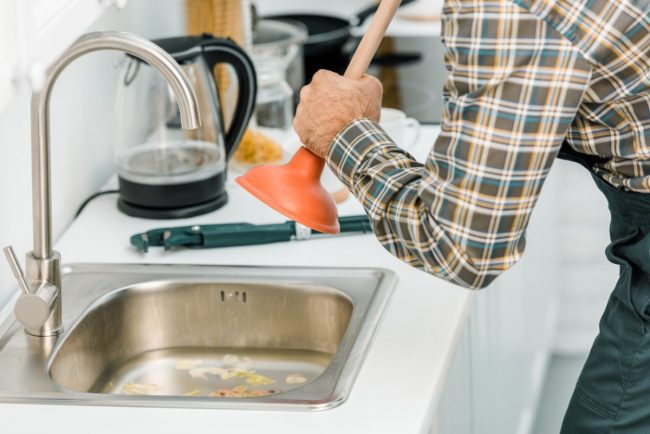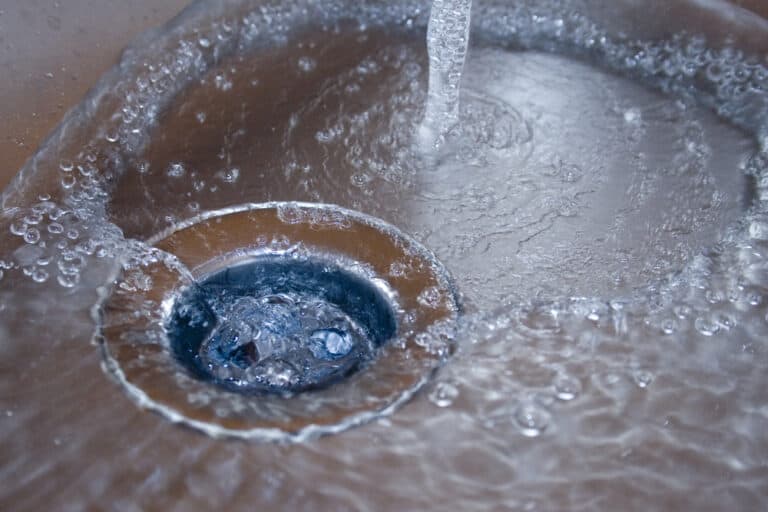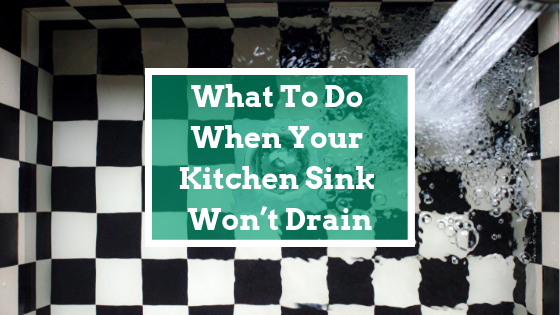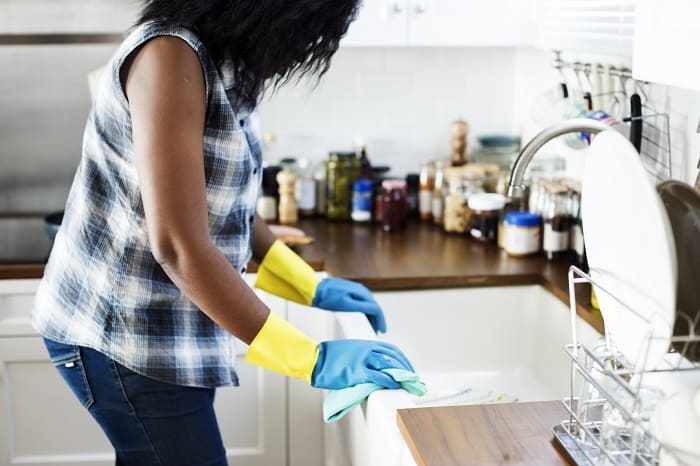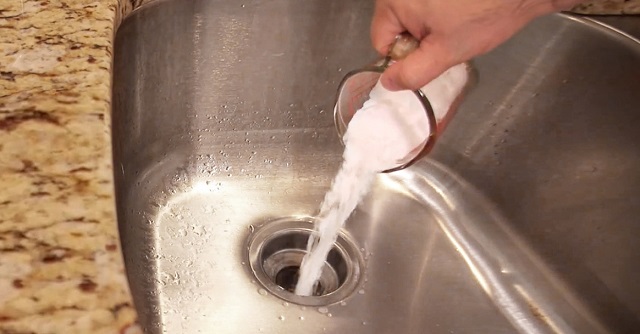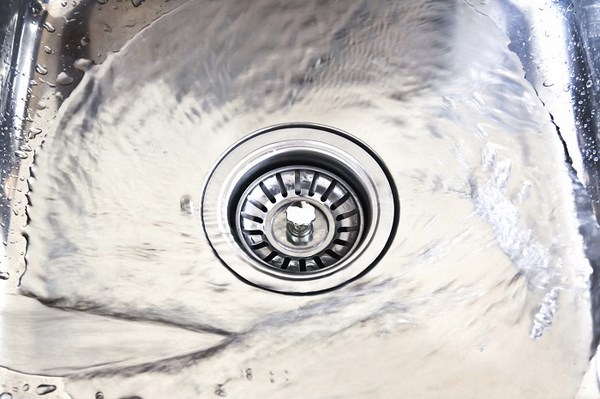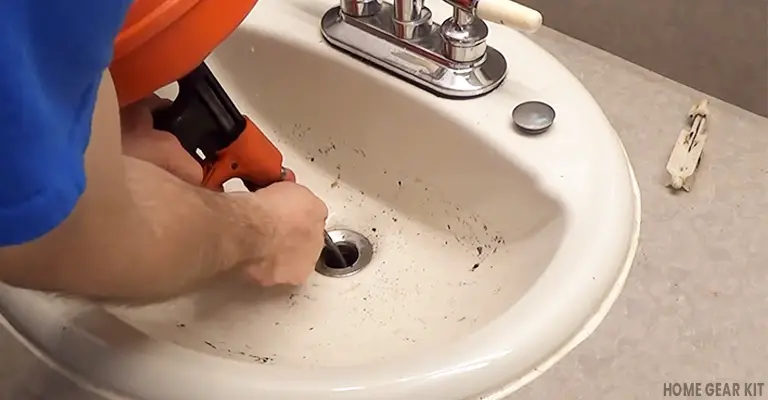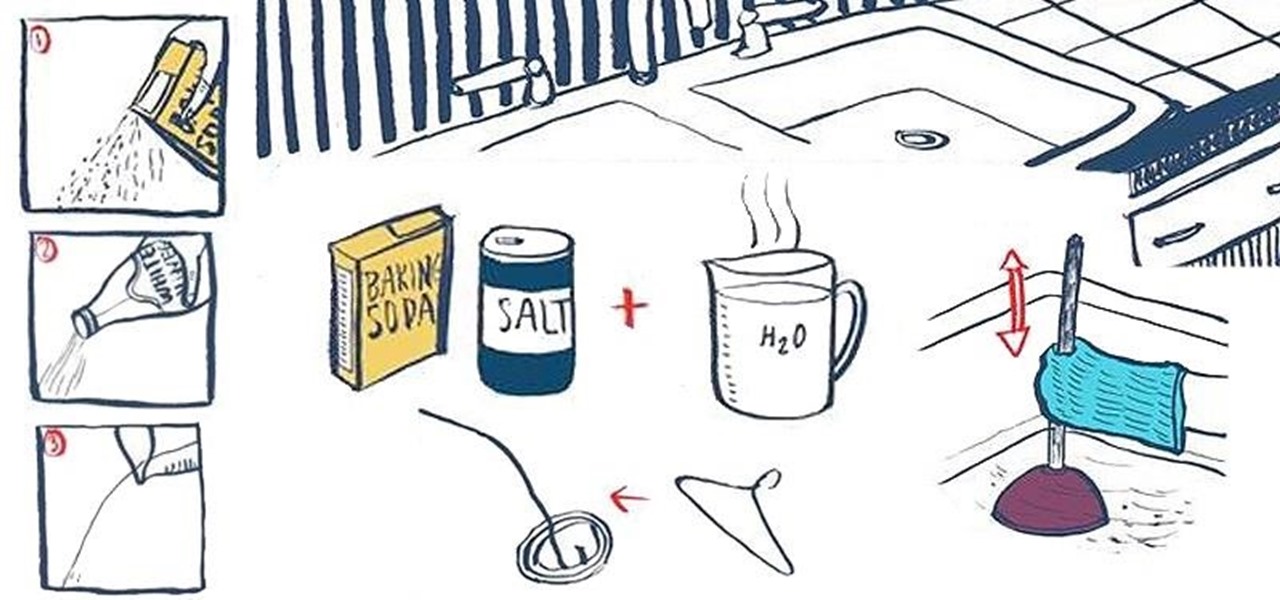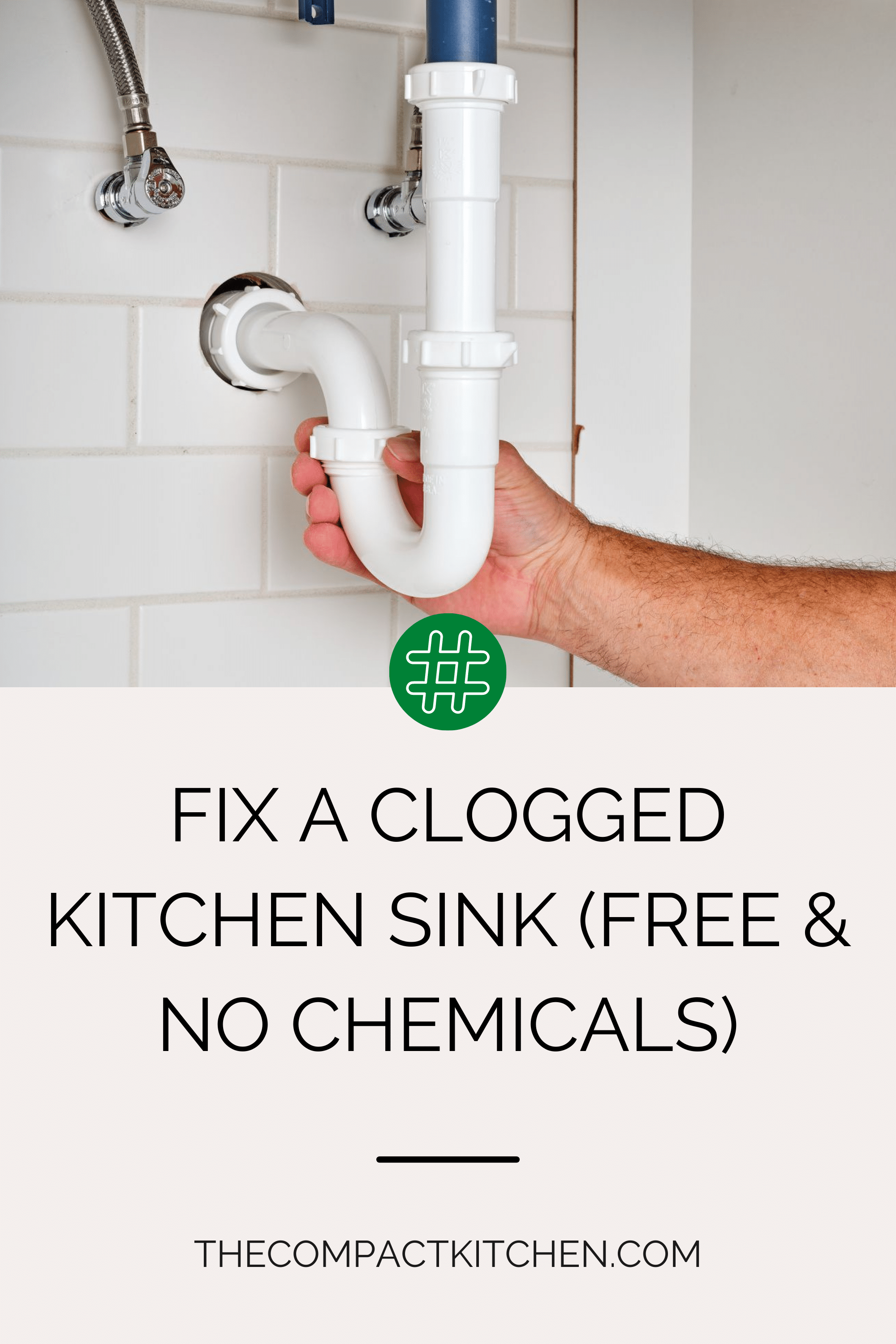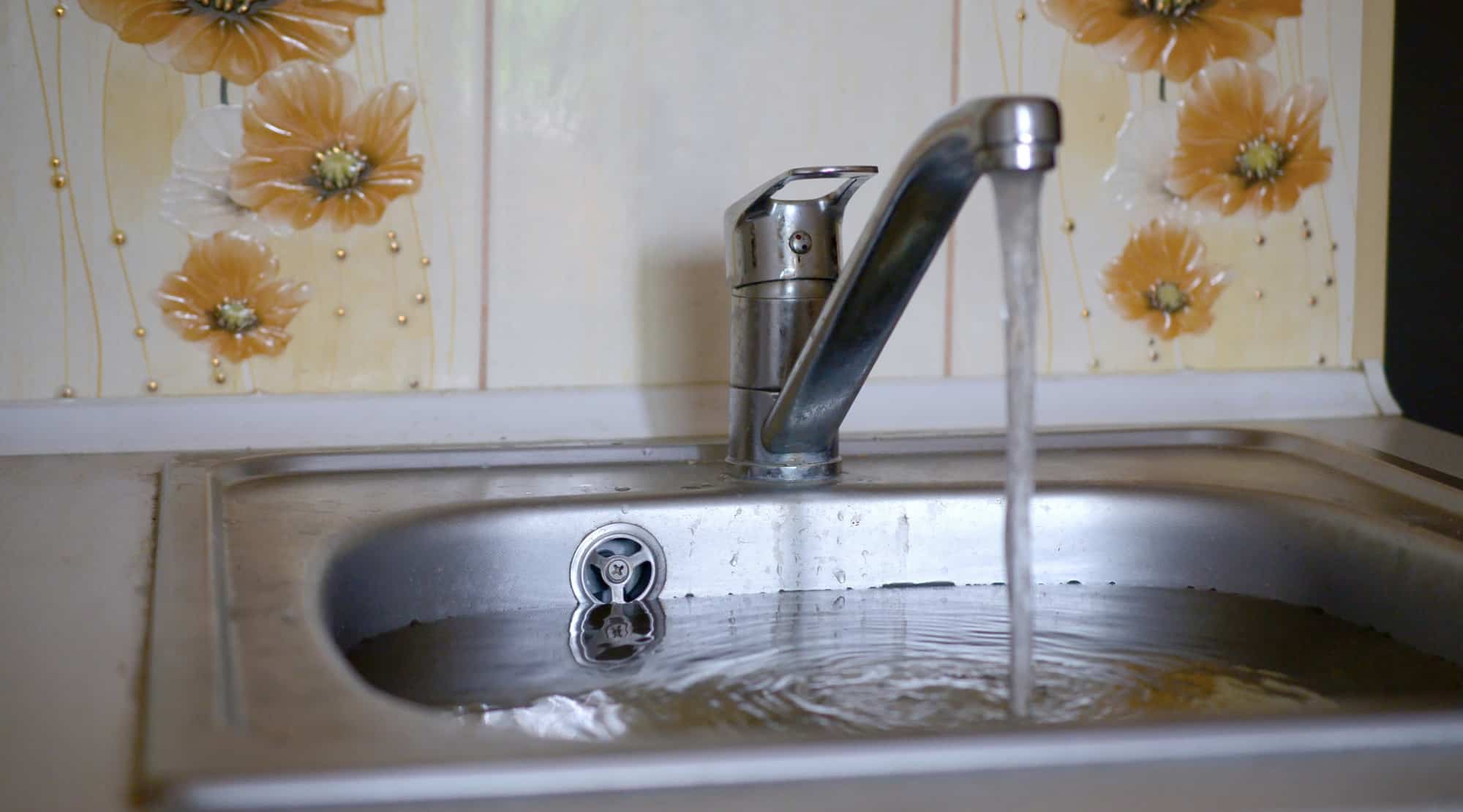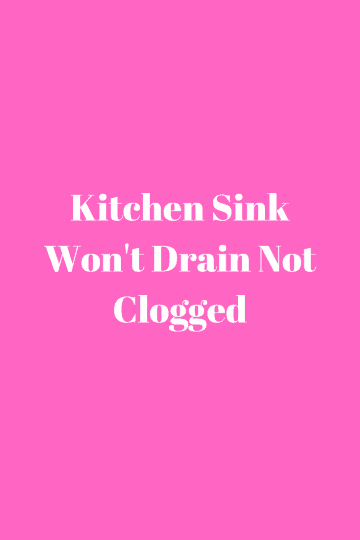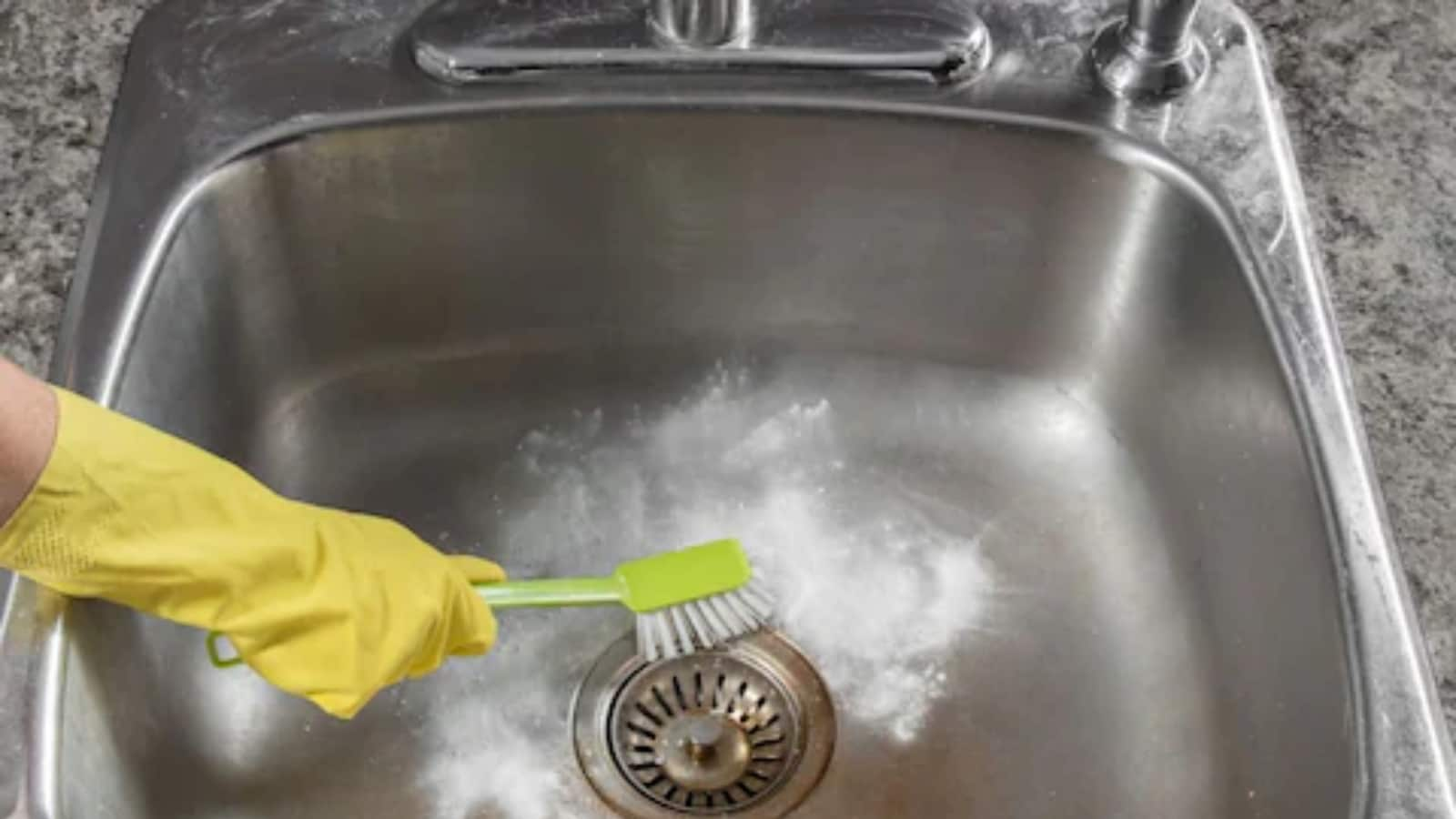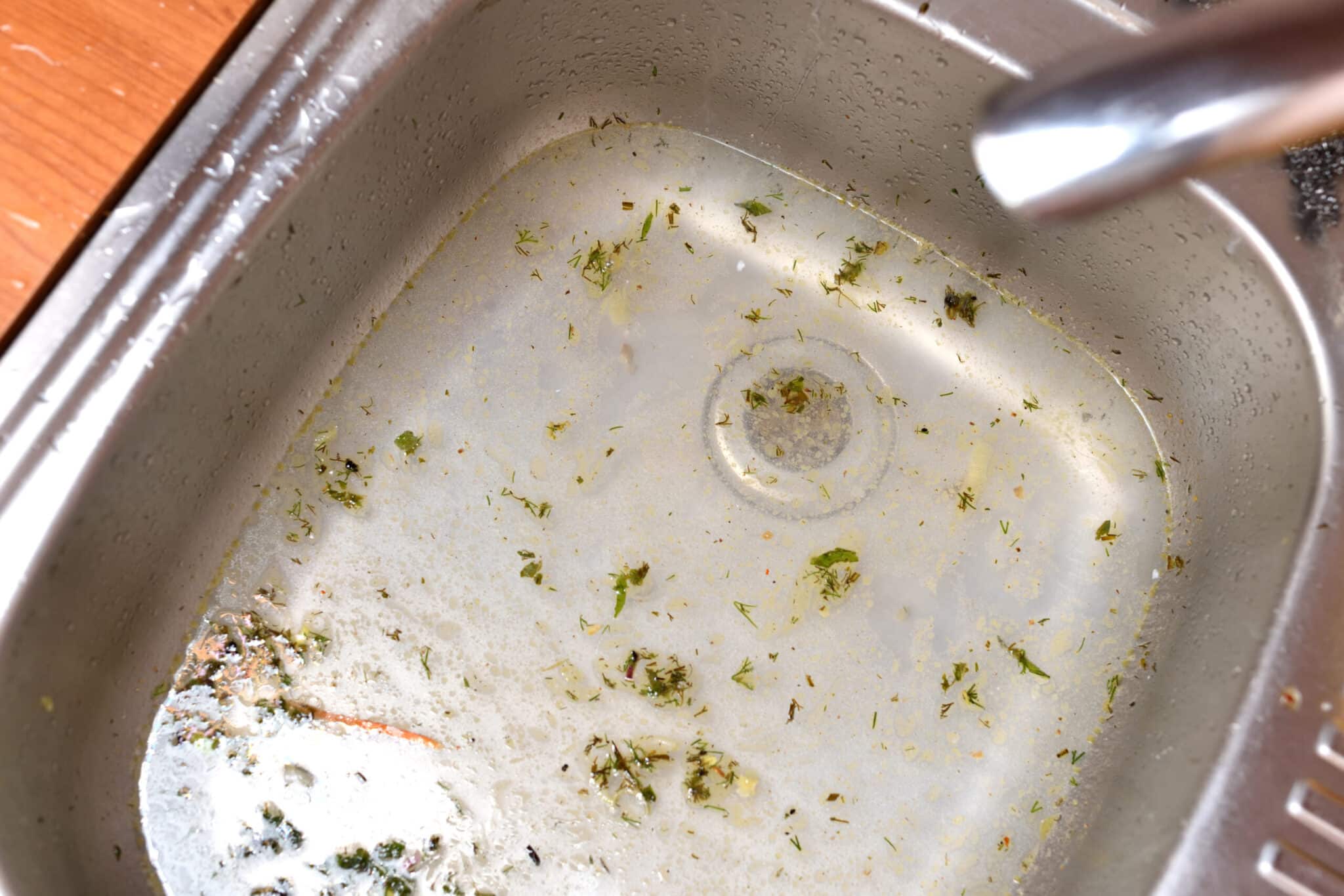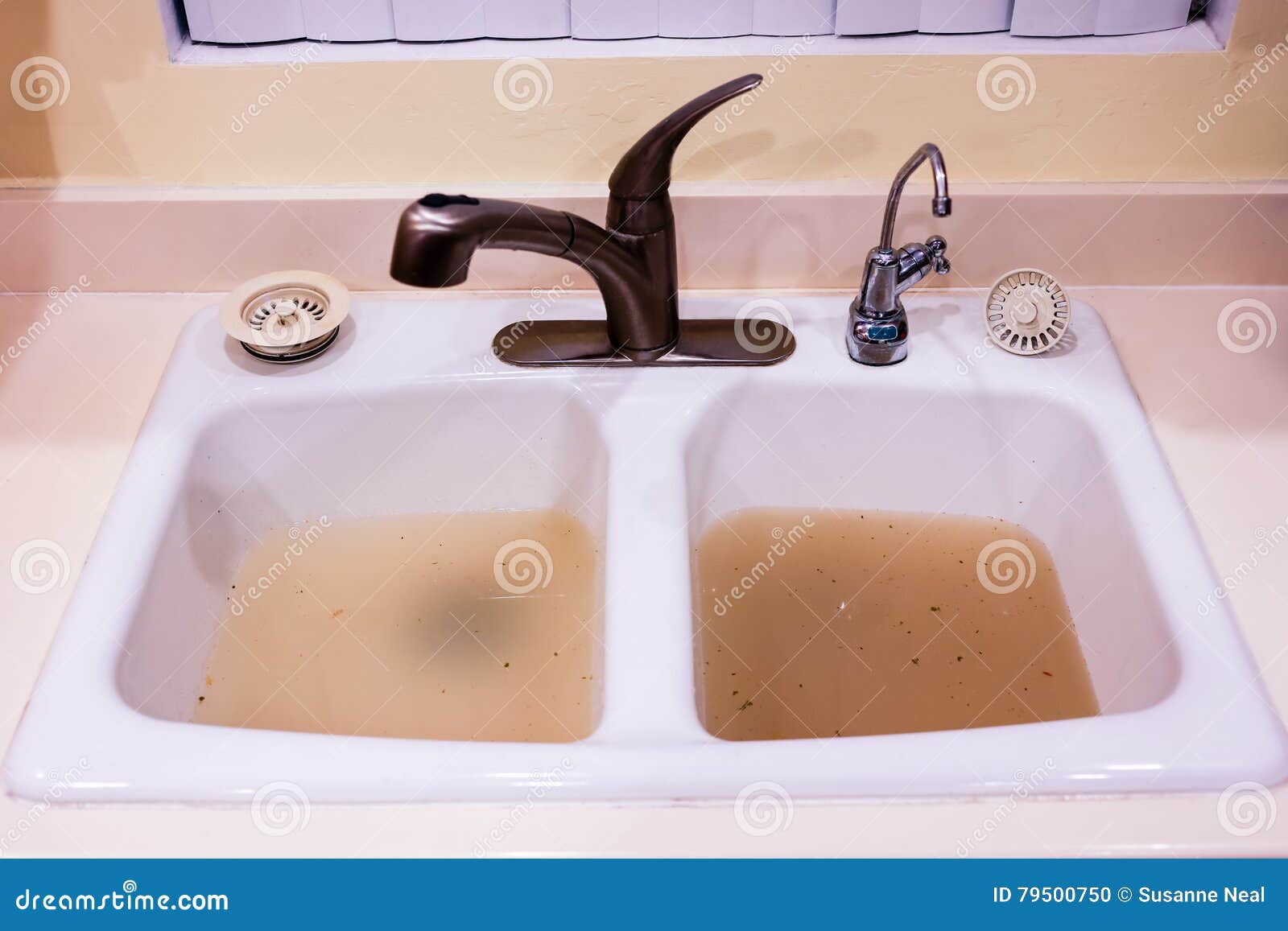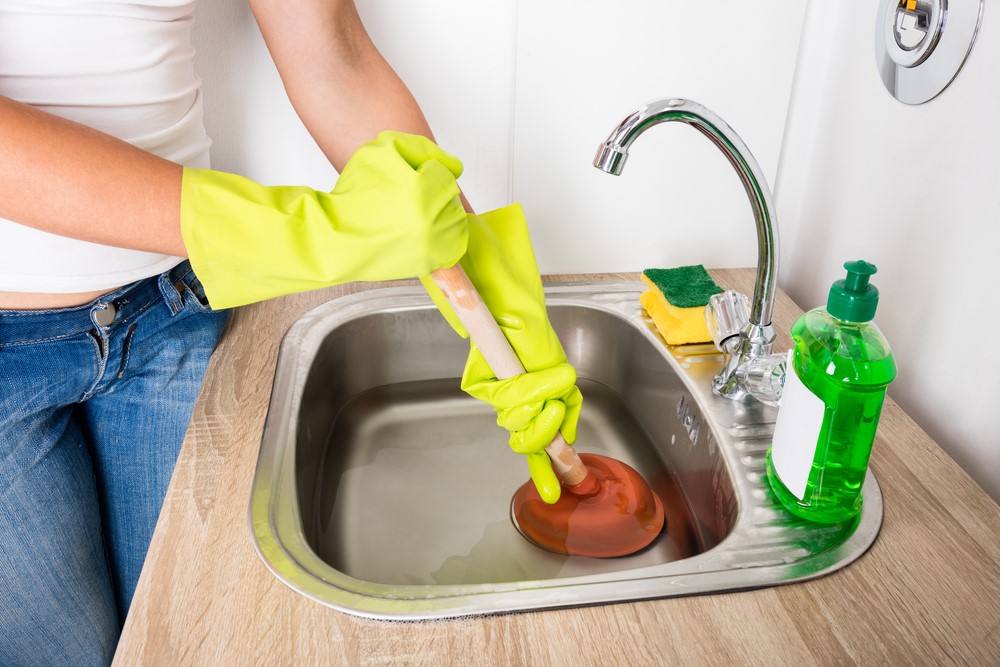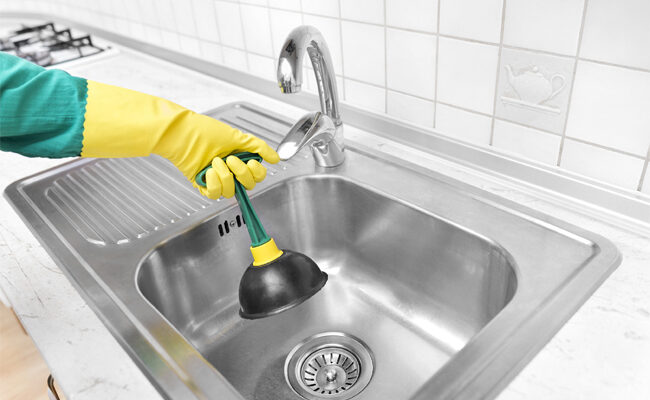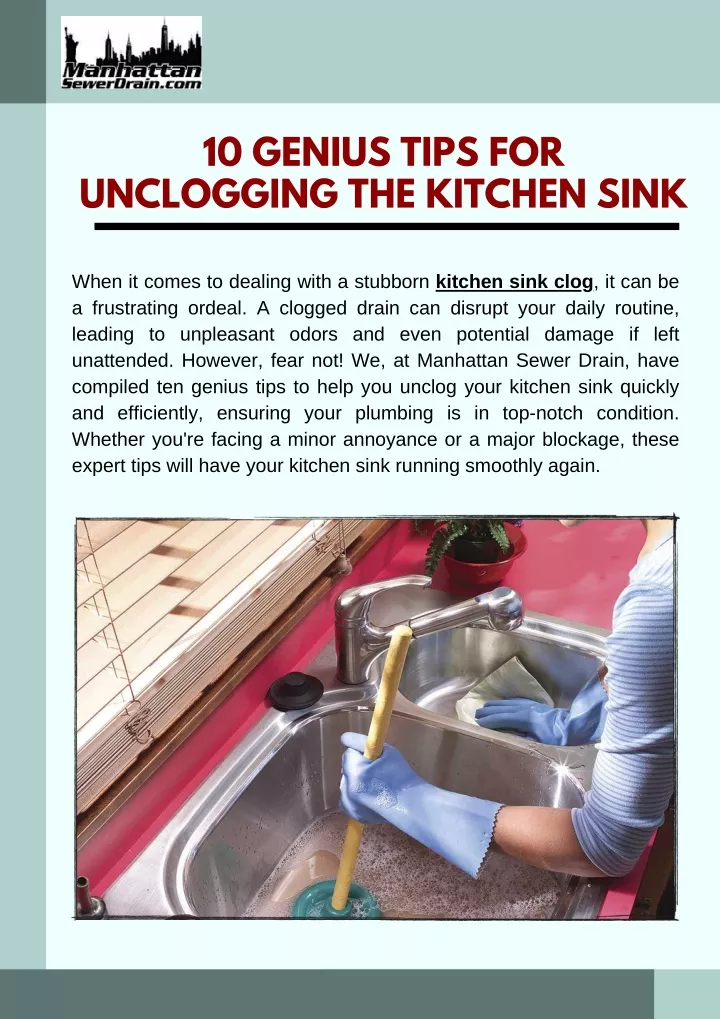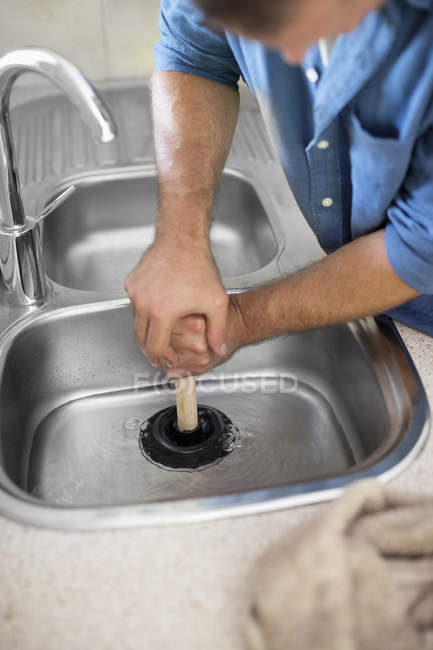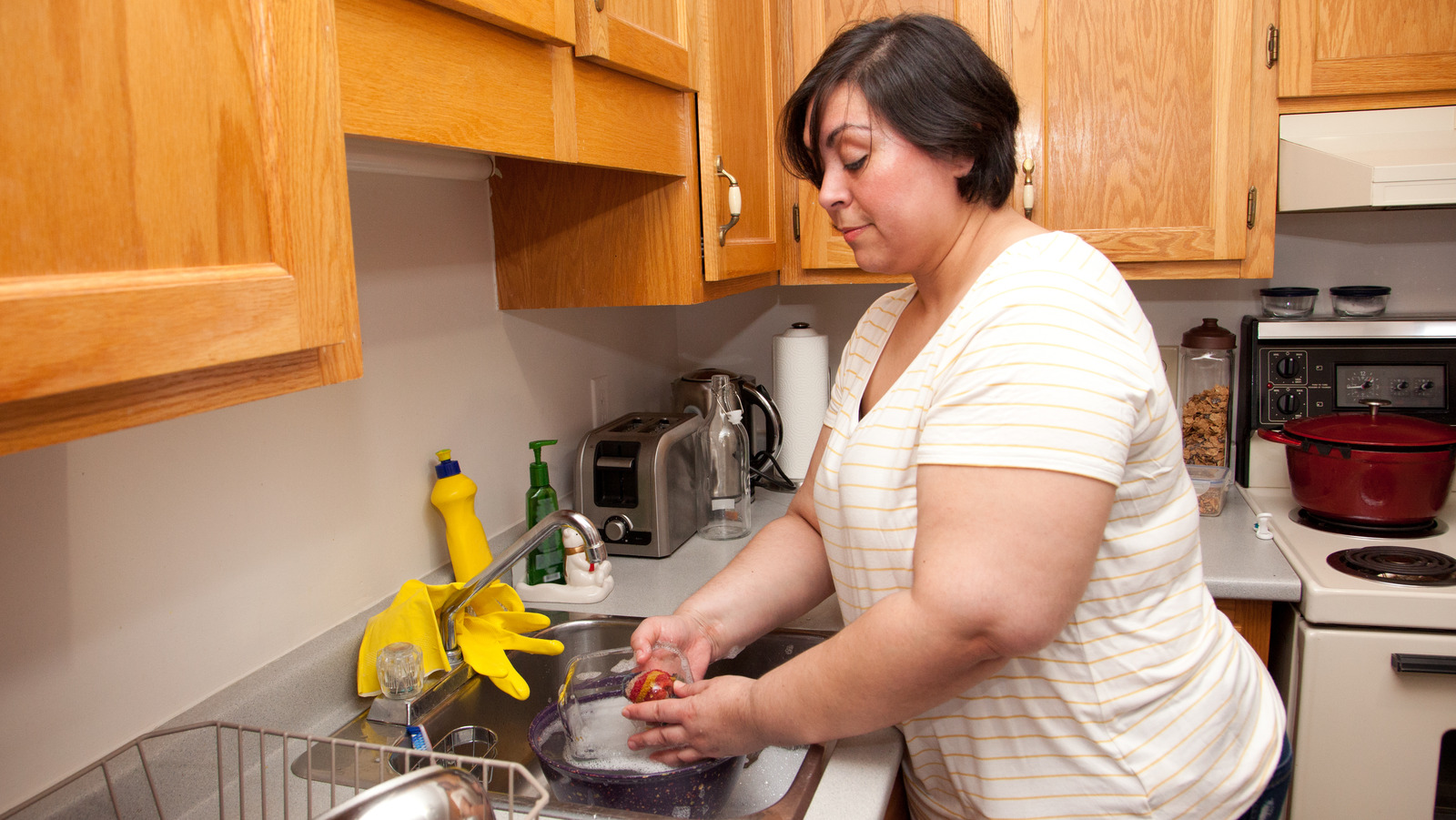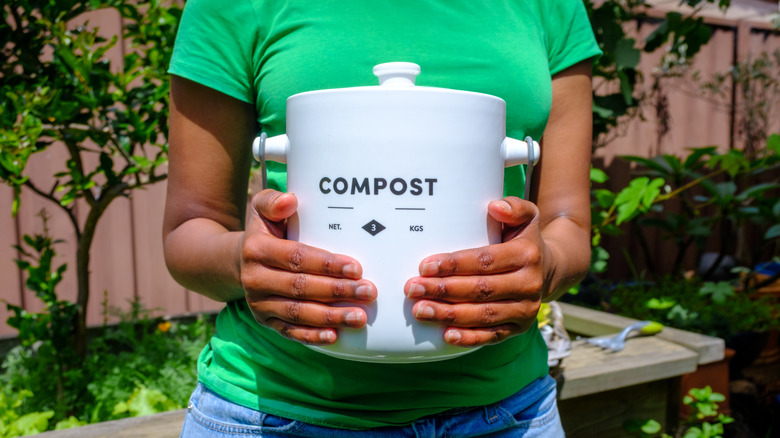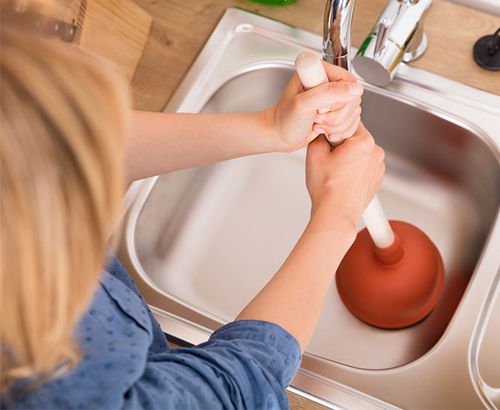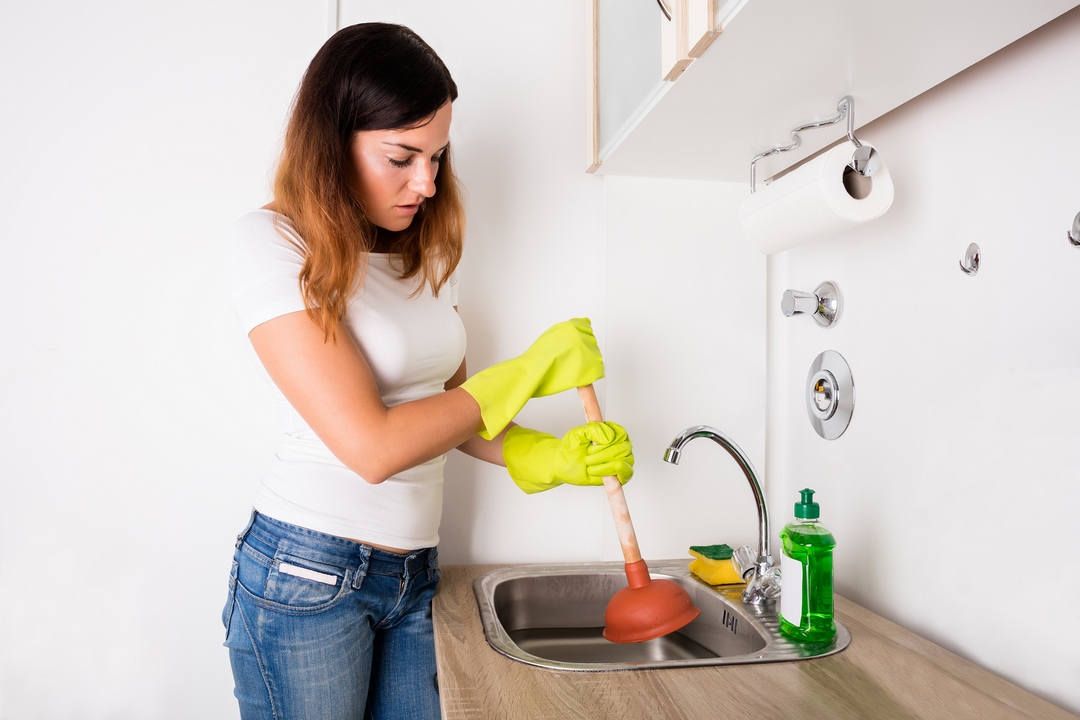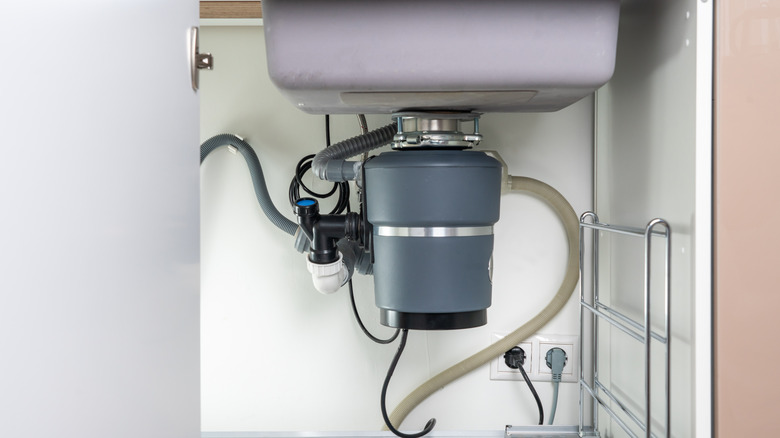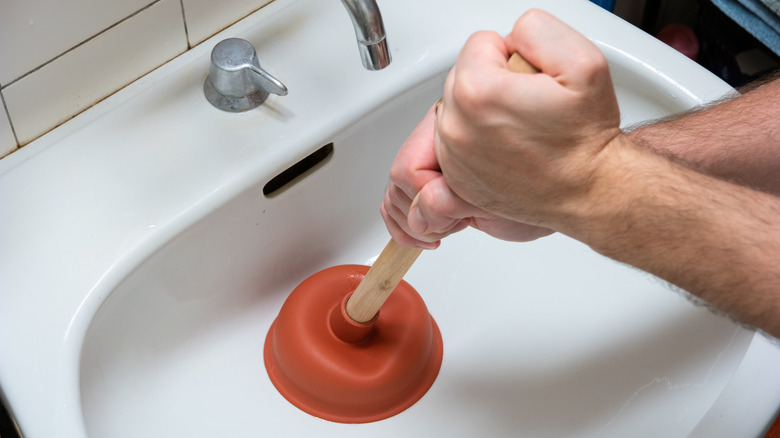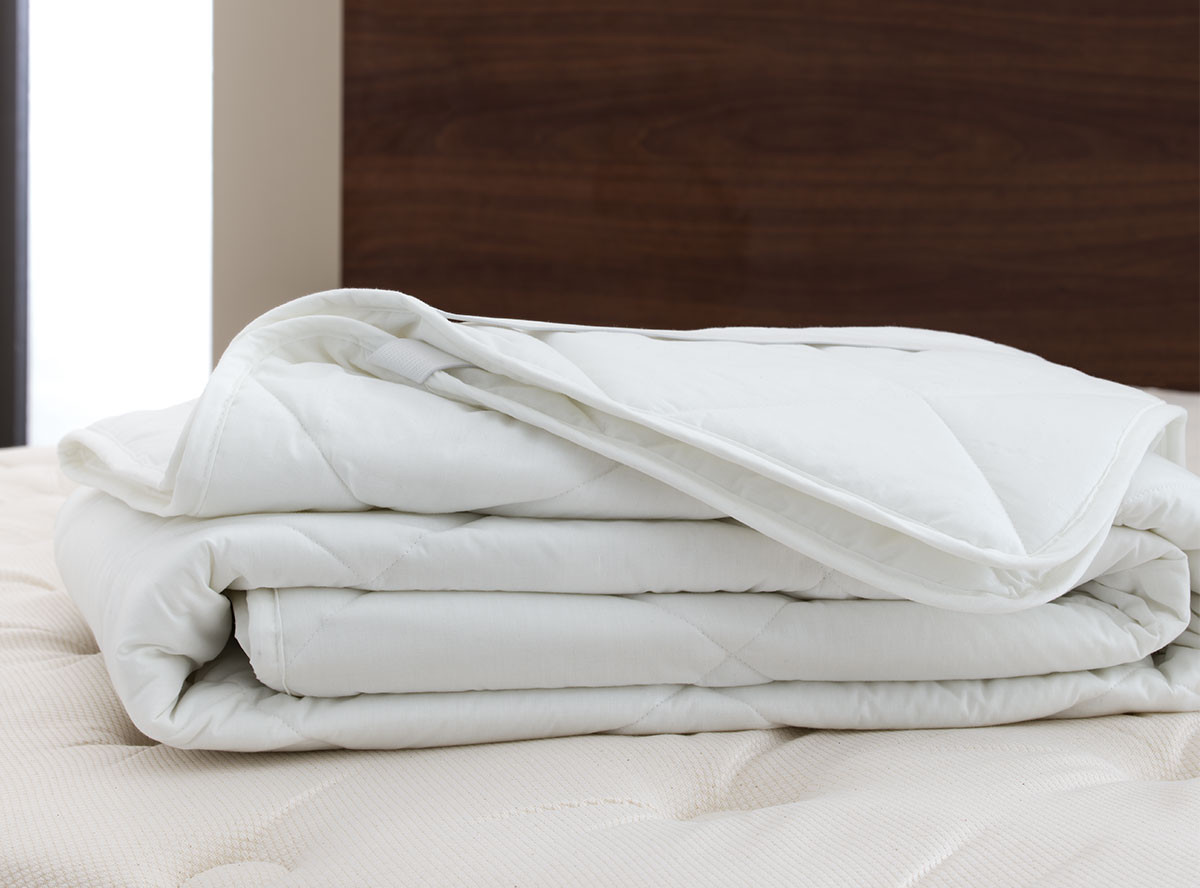1. How to Unclog a Kitchen Sink with a Snake
A clogged kitchen sink can be a real hassle, especially when it comes to doing dishes or preparing meals. One of the most common methods for unclogging a kitchen sink is using a snake, also known as a drain auger. This long, flexible tool is designed to break up and remove any obstructions in your pipes. Here's how to use a snake to unclog your kitchen sink.
First, locate the drain opening in your sink. If you have a double sink, you may need to use the snake in both drains. Next, insert the snake into the drain, slowly rotating it as you push it down. Keep going until you feel resistance, then continue rotating and pushing until the snake breaks through the clog. Finally, pull the snake out and run hot water down the drain to flush out any remaining debris. This method is typically effective for minor clogs.
2. Troubleshooting a Clogged Kitchen Sink
If your kitchen sink is still clogged after using a snake, there may be a more serious issue at hand. Before trying any other methods, it's important to identify the cause of the clog. Some common causes of a clogged kitchen sink include grease buildup, food scraps, or foreign objects lodged in the pipes.
If you suspect grease is the culprit, pour boiling water down the drain to help break it up. For food scraps, you can try using a plunger or a mixture of baking soda and vinegar to loosen the clog. And if you suspect a foreign object is causing the problem, you may need to disassemble the pipes under your sink to remove it. If none of these solutions work, it's time to move on to more advanced methods.
3. Tips for Using a Drain Snake on a Kitchen Sink
When using a drain snake on your kitchen sink, there are a few things to keep in mind to ensure safety and effectiveness. First, always wear gloves to protect your hands from any debris or bacteria. Make sure to also follow the manufacturer's instructions for your specific snake.
Additionally, it's important to use the right size snake for your pipes. A snake that is too small may not be able to break through the clog, while one that is too large may cause damage to your pipes. Lastly, be patient and take your time when using a snake. Rushing or using too much force can lead to further complications.
4. What to Do When Your Kitchen Sink Snake Isn't Working
If your kitchen sink snake still isn't working, it may be time to try a different method. One option is to use a chemical drain cleaner. These products are designed to break down and dissolve clogs, but they can also be harsh on your pipes and harmful to the environment. Make sure to follow the instructions carefully and use with caution.
If chemicals aren't an option for you, another alternative is to use a plumbing snake or hydro jetting. These methods require professional equipment and should only be used by a trained plumber. They are often more effective for stubborn or severe clogs.
5. Common Causes of a Clogged Kitchen Sink
Understanding the common causes of a clogged kitchen sink can help you prevent future problems. As mentioned before, grease, food scraps, and foreign objects are all common culprits. To prevent grease buildup, avoid pouring oil and grease down the drain and use a strainer to catch food scraps. Never put anything other than water and soap down your drain to prevent foreign objects from causing a clog.
Additionally, hard water can also contribute to clogs as mineral buildup can accumulate in your pipes over time. Consider installing a water softener or using a drain cleaner specifically designed for hard water to prevent this issue.
6. How to Fix a Kitchen Sink That Won't Drain
If your kitchen sink is not draining at all, it may be a sign of a more serious clog. In this case, using a snake or drain cleaner may not be enough to clear the blockage. Instead, you may need to remove the pipes under your sink to manually remove the clog. Before attempting this, make sure to turn off the water supply and have a bucket and towels handy to catch any water that may spill out.
If you're uncomfortable with taking apart your pipes, it's best to call a professional plumber to ensure the job is done correctly and safely.
7. Using Chemicals to Unclog a Kitchen Sink
As mentioned before, using a chemical drain cleaner is an option for unclogging your kitchen sink. However, it's important to use these products with caution as they can be harmful to your pipes and the environment. If you do choose to use a chemical drain cleaner, make sure to follow the instructions carefully and avoid mixing different products. It's also a good idea to wear gloves and protective eyewear.
8. How to Prevent a Clogged Kitchen Sink
The best way to deal with a clogged kitchen sink is to prevent it from happening in the first place. Regularly cleaning your sink and using a strainer to catch food scraps can help prevent clogs. You can also pour hot water down the drain once a week to help break up any buildup. Additionally, avoid pouring grease, oil, or other non-biodegradable substances down your drain.
9. When to Call a Professional for a Clogged Kitchen Sink
If you've tried all of these methods and your kitchen sink is still clogged, it's time to call in a professional plumber. They have the expertise and tools to handle even the toughest clogs. Additionally, if you're uncomfortable using chemicals or disassembling your pipes, it's best to leave it to the professionals.
10. Alternative Methods for Unclogging a Kitchen Sink
If you're looking for more natural or DIY methods for unclogging your kitchen sink, there are a few options you can try. For example, you can mix equal parts baking soda and vinegar and pour it down the drain, followed by hot water. You can also try using a plunger or a wire hanger to remove a clog.
However, it's important to note that these methods may not be as effective as using a snake or drain cleaner. If you're still struggling to unclog your kitchen sink, it's best to call a professional plumber for assistance.
The Importance of Proper Drain Maintenance in House Design

Preventing Clogged Kitchen Sinks
 A clogged kitchen sink is a common household problem that can cause frustration and inconvenience. When a kitchen sink is clogged, it can disrupt daily tasks such as washing dishes and preparing meals. One of the most common methods used to unclog a kitchen sink is by using a
snake
, also known as a drain auger. However, when the
snake is not working
, it can be a sign of a more serious issue with your plumbing system.
A clogged kitchen sink is a common household problem that can cause frustration and inconvenience. When a kitchen sink is clogged, it can disrupt daily tasks such as washing dishes and preparing meals. One of the most common methods used to unclog a kitchen sink is by using a
snake
, also known as a drain auger. However, when the
snake is not working
, it can be a sign of a more serious issue with your plumbing system.
The Role of Proper Drain Maintenance
 Many homeowners overlook the importance of proper drain maintenance in their house design. Neglecting to maintain your drains can result in clogs and blockages, which can lead to costly repairs and replacements. Regularly cleaning and maintaining your drains can prevent clogs and ensure that your plumbing system is functioning properly.
Preventative Measures to Avoid Clogged Kitchen Sinks
One of the best ways to prevent clogged kitchen sinks is by being mindful of what goes down the drain. Avoid pouring grease, oil, and food scraps down the sink as they can build up and cause blockages. Use a
strainer
to catch any food particles and regularly clean it out. Additionally, avoid pouring any harsh chemicals down the drain as they can damage your pipes and cause corrosion.
Many homeowners overlook the importance of proper drain maintenance in their house design. Neglecting to maintain your drains can result in clogs and blockages, which can lead to costly repairs and replacements. Regularly cleaning and maintaining your drains can prevent clogs and ensure that your plumbing system is functioning properly.
Preventative Measures to Avoid Clogged Kitchen Sinks
One of the best ways to prevent clogged kitchen sinks is by being mindful of what goes down the drain. Avoid pouring grease, oil, and food scraps down the sink as they can build up and cause blockages. Use a
strainer
to catch any food particles and regularly clean it out. Additionally, avoid pouring any harsh chemicals down the drain as they can damage your pipes and cause corrosion.
When to Call a Professional
 If your kitchen sink is still clogged after using a drain snake or if you notice recurring clogs, it may be time to call a professional plumber. They have the expertise and tools to properly diagnose and fix any underlying issues with your plumbing system. A professional can also provide valuable tips on how to maintain your drains to prevent future clogs.
In conclusion, proper drain maintenance is crucial in house design to prevent clogged kitchen sinks. By being mindful of what goes down the drain, regularly cleaning and maintaining your drains, and knowing when to call a professional, you can avoid the frustration and inconvenience of a clogged kitchen sink. Don't let a simple clog disrupt your daily routine – take the necessary steps to keep your drains functioning properly and your kitchen sink clear.
If your kitchen sink is still clogged after using a drain snake or if you notice recurring clogs, it may be time to call a professional plumber. They have the expertise and tools to properly diagnose and fix any underlying issues with your plumbing system. A professional can also provide valuable tips on how to maintain your drains to prevent future clogs.
In conclusion, proper drain maintenance is crucial in house design to prevent clogged kitchen sinks. By being mindful of what goes down the drain, regularly cleaning and maintaining your drains, and knowing when to call a professional, you can avoid the frustration and inconvenience of a clogged kitchen sink. Don't let a simple clog disrupt your daily routine – take the necessary steps to keep your drains functioning properly and your kitchen sink clear.



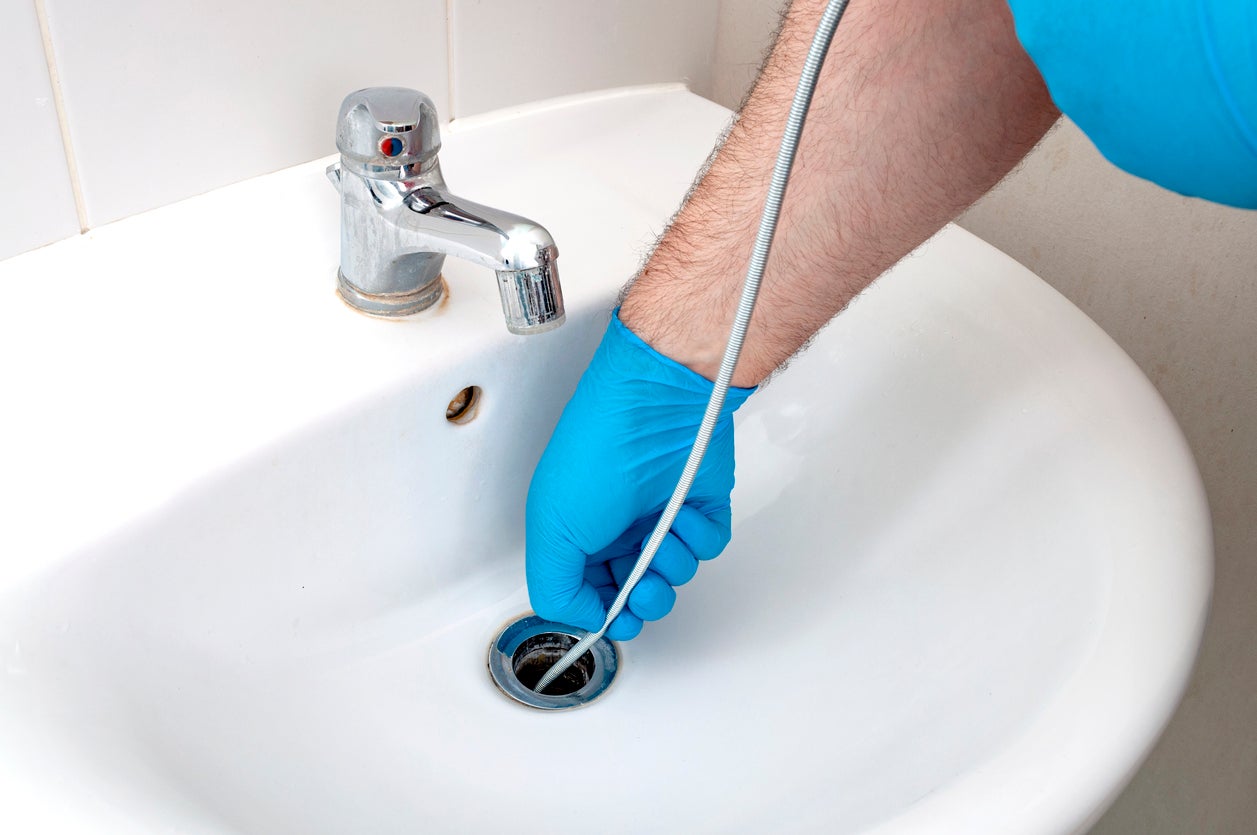
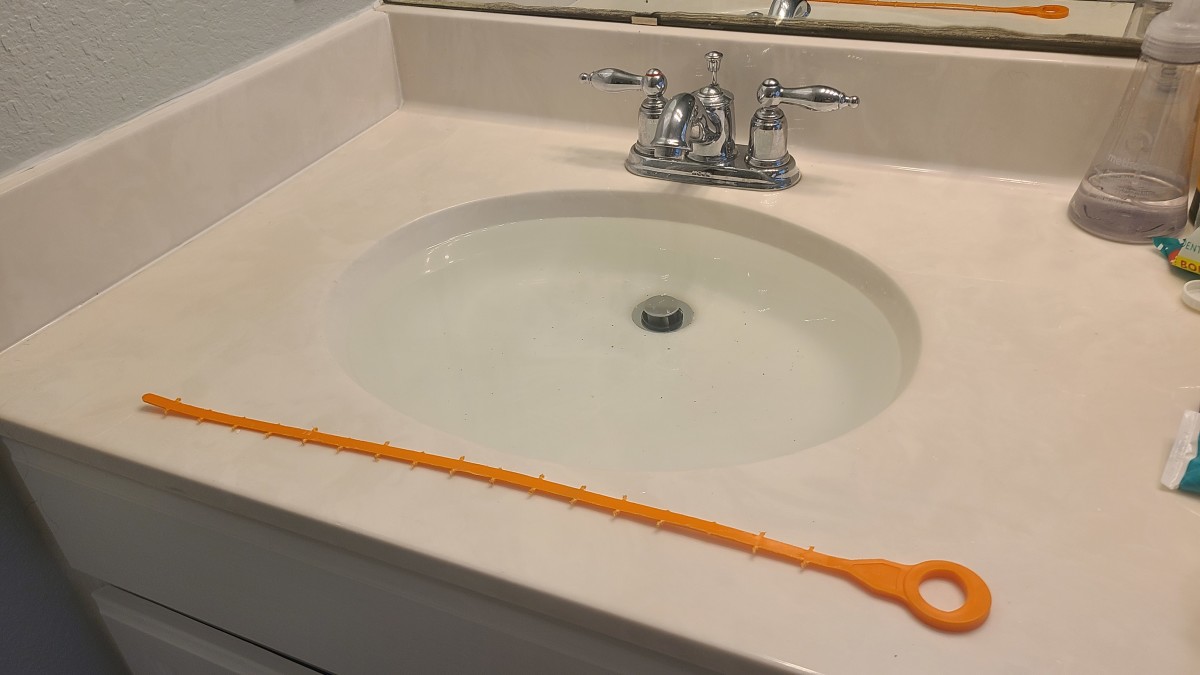
:max_bytes(150000):strip_icc()/how-to-use-a-sink-auger-1825090-hero-70d39960647643819dbb4c1f3a05e929.jpg)


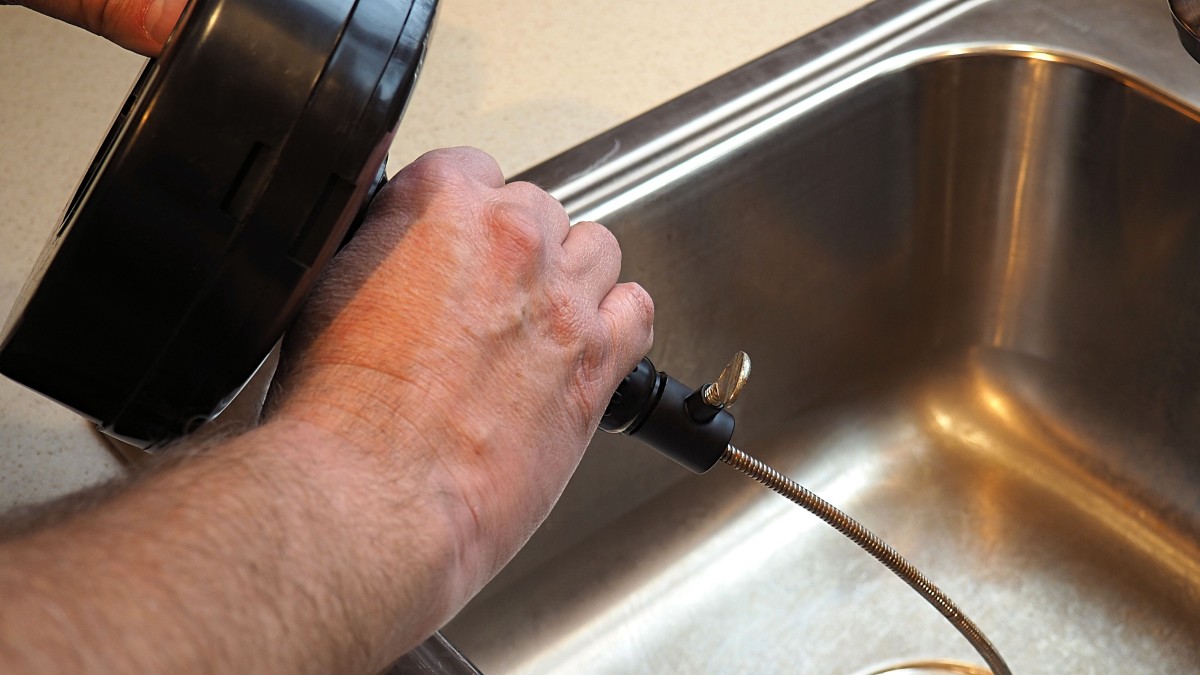

:max_bytes(150000):strip_icc()/how-to-unclog-a-kitchen-sink-2718799_sketch_FINAL-8c5caa805a69493ab22dfb537c72a1b7.png)


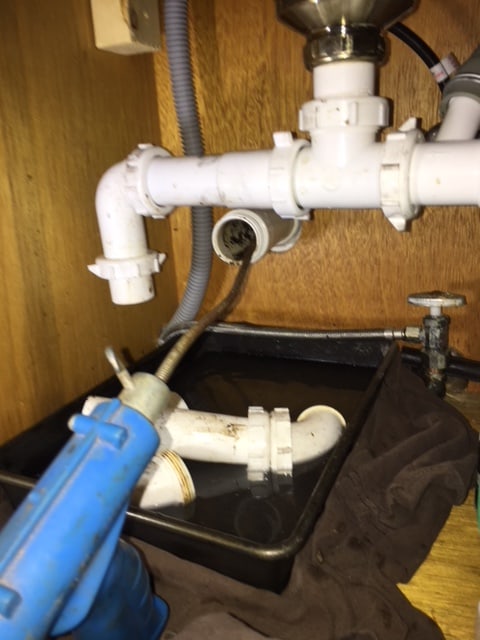
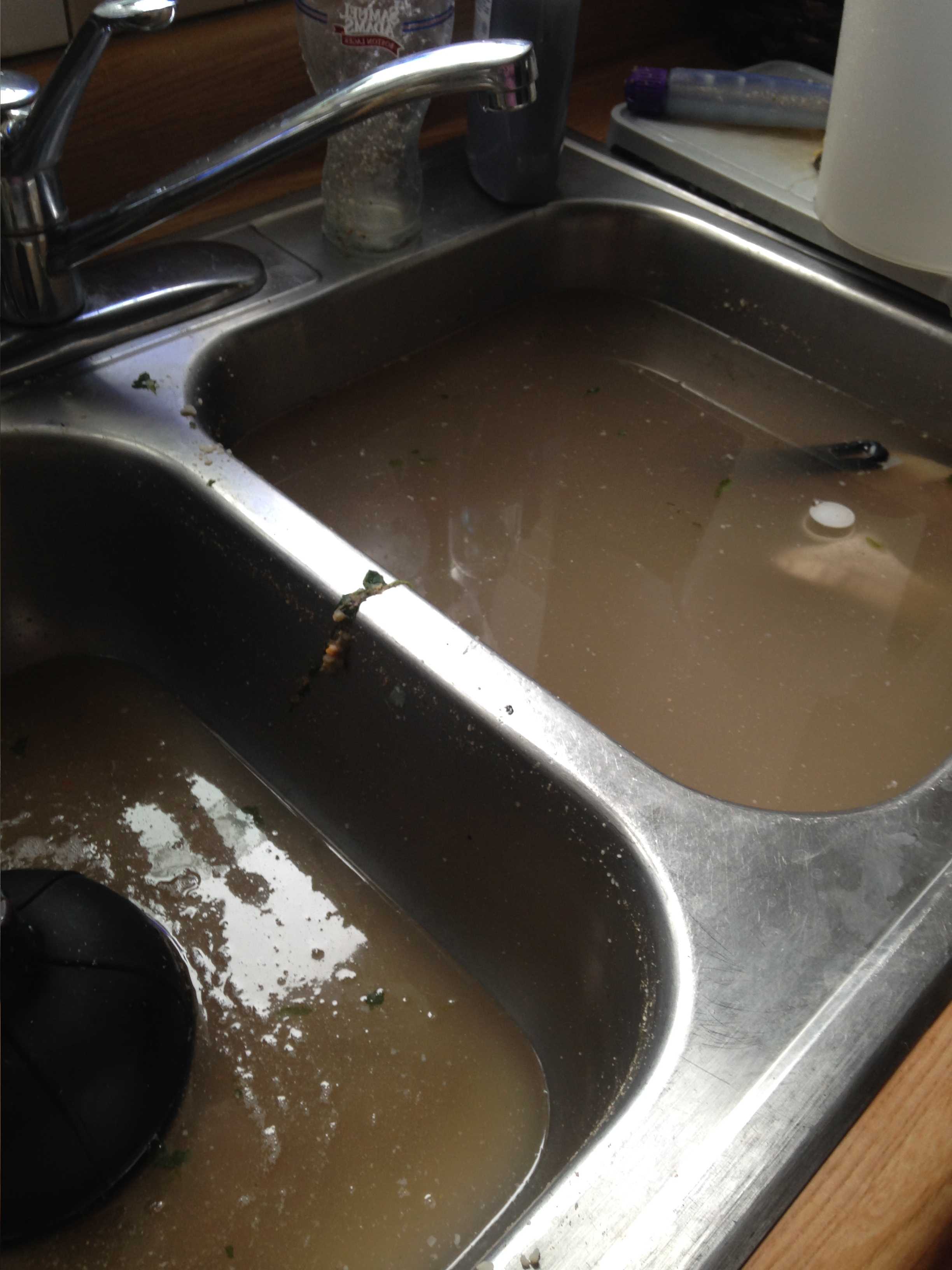


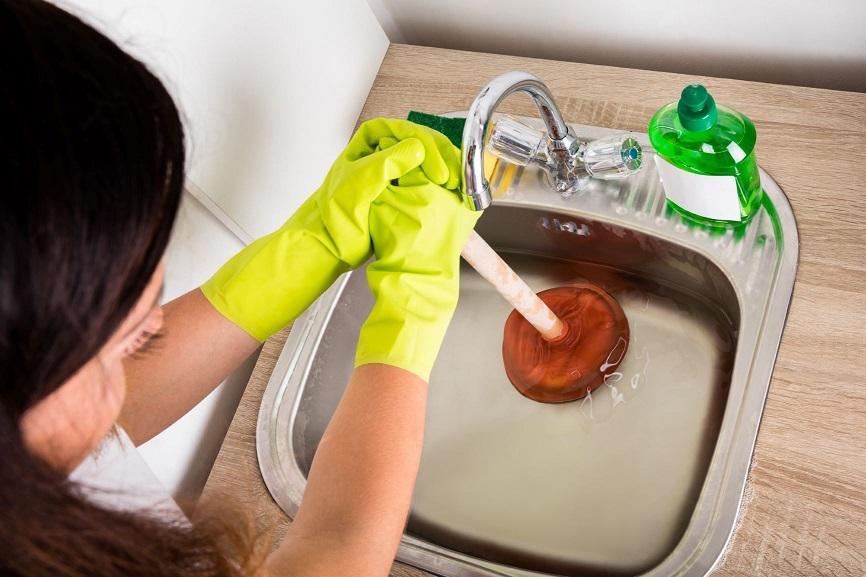

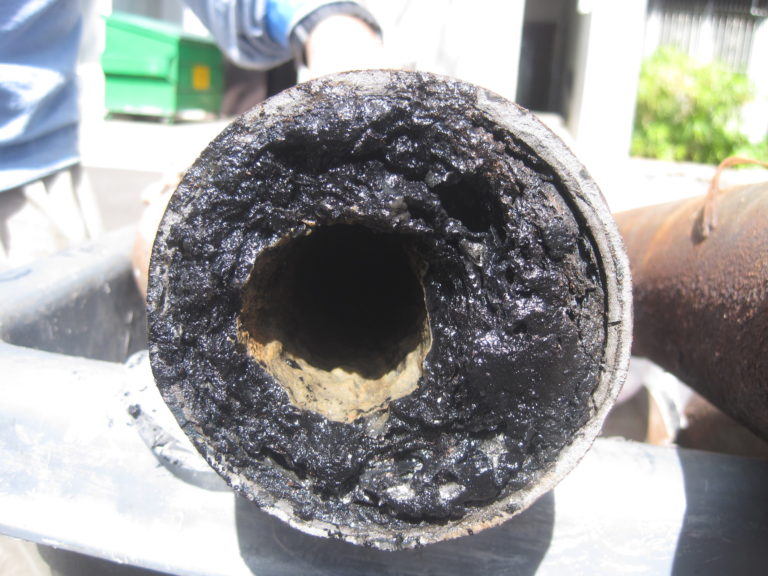


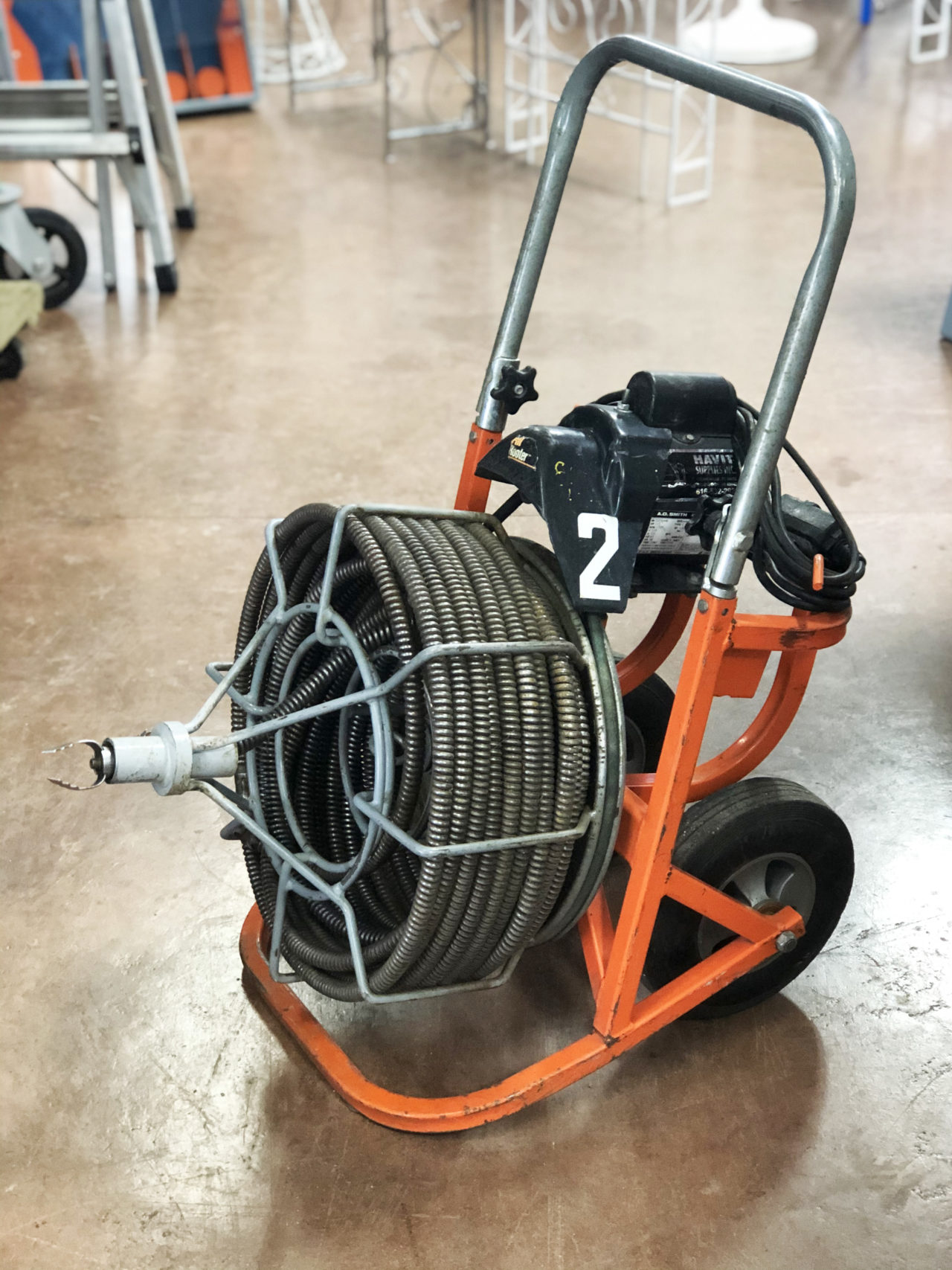




/DrainSnake-c4efd6c0f57e4994a171a4b2f2463059.jpg)

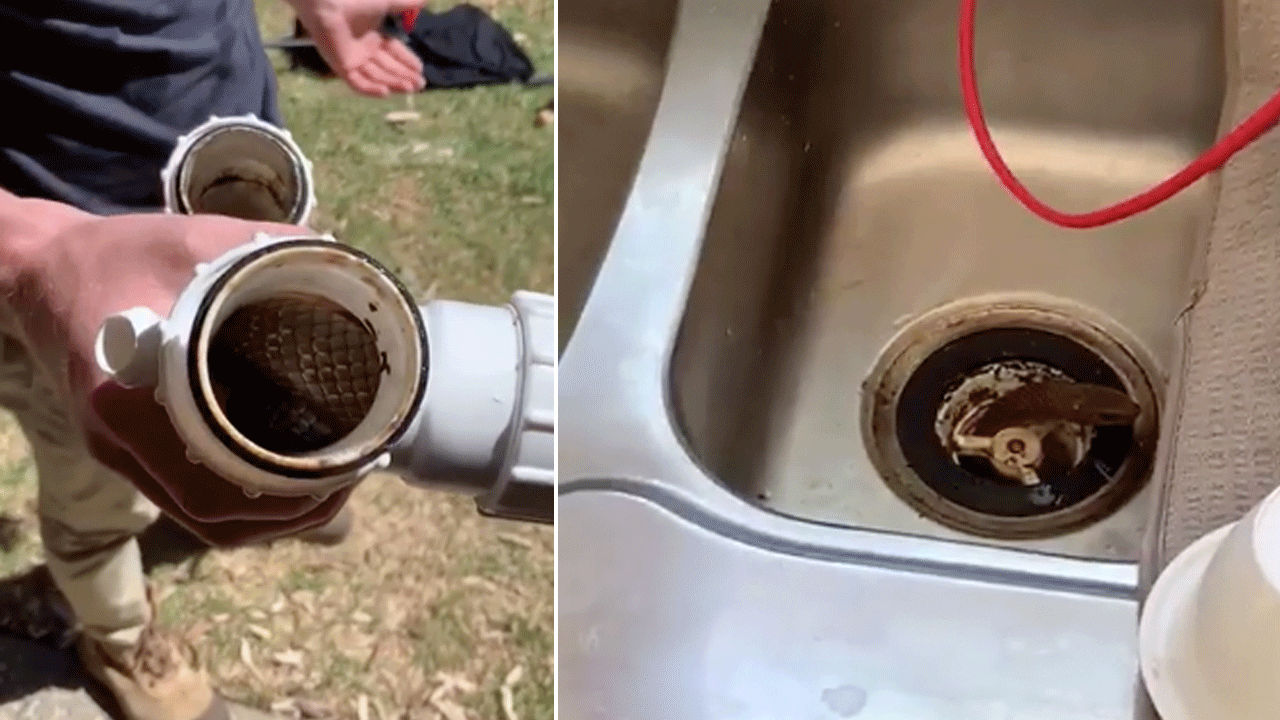

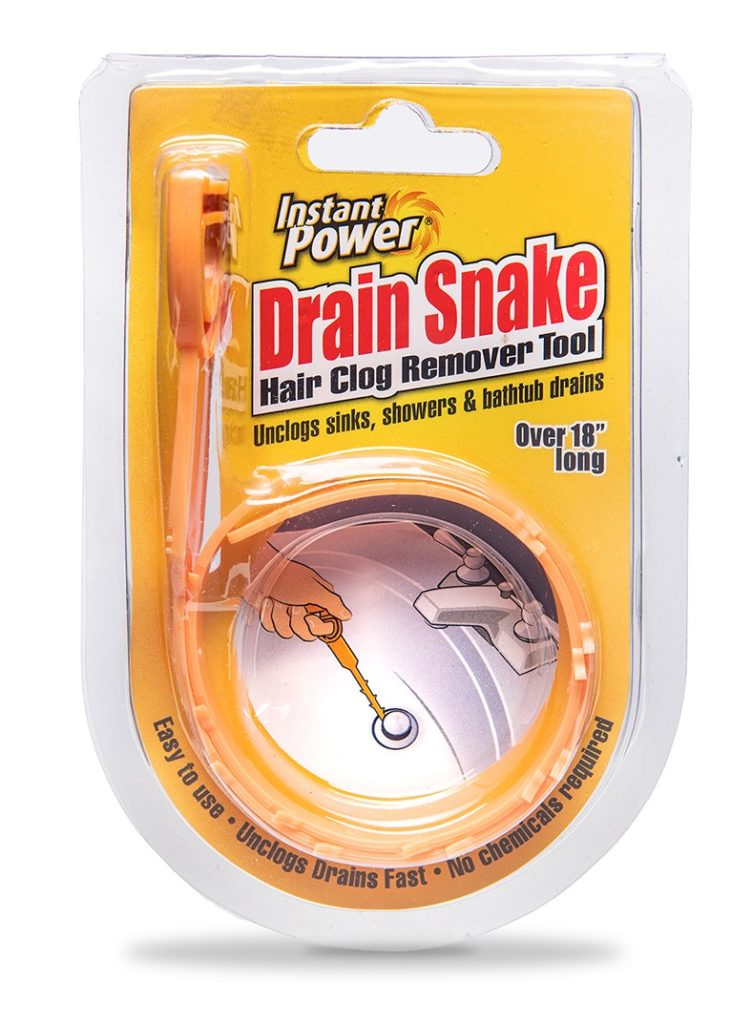




:max_bytes(150000):strip_icc()/Basic-kitchen-sink-types-1821207_color_rev-0b539306b9ef4236a136624ad2a89a4c.jpg)







